Organic Calendula Oil
Calendula officinalis. Easily Identifiable by its brilliant yellow or orange color, Calendula is a flowering plant with simple toothed leaves that typically alternate on the stem; the leaves of some species are sessile (lacking a leaf stalk) and may have clasping leaf bases. Calendula plants produce one flower head per stem that typically produce yellow or orange petals with a central disk that can be yellow, red, or violet in color. The oils extracted from Calendula Plants are antibacterial, potent, and effective. They can be used for yeast infections, sunscreen, and even a moisturizer. Calendula Oil is also great for eczema, diaper rash, and skin irritation and inflammation.
Used In: Omni Black Lavender Salve.
Common Uses For Calendula Oil
To Prevent Sun Damage.
Calendula Oil protects against sun damage. It is a great natural alternative to commercial sunscreen products that often contain harmful ingredients like Oxybenzone and Zinc oxide. (Source)
For Moisturizing Skin.
Calendula Oil is a wonderful natural moisturizer. Compared to the often harmful ingredients found in commercial skincare products such as Propylene Glycol, Calendula Oil is a safer alternative. (Source)
For Treating Rashes & Skin Irritation.
Calendula Oil is commonly used in natural treatments for things such as Eczema and diaper rash. It helps fight the itching without harmful chemicals. (Source)
To Reduce Inflamation.
Anti-Inflammatory: A drug or substance that reduces inflammation (redness, swelling, and pain) in the body. Anti-inflammatory agents block certain substances in the body that cause inflammation. They are used to treat many different conditions. (Source)
To Destroy Fungal Organisms & Prevent Infection.
Antifungal: A medication that limits or prevents the growth of yeasts and other fungal organisms. (Source)
Antiseptic: An antimicrobial substance or compound that is applied to living tissue/skin to reduce the possibility of infection, sepsis, or putrefaction. (Source)
Sources: VeryWell, The Health Beneift of Calendula, by: By Barbie Cervoni MS, RD, CDCES, CDN Medically reviewed by Lana Butner, ND, LAc on June 14, 2020, www.verywellhealth.com/health-benefits-of-calendula-458264; Britanica, Calendula Plant, www.britannica.com/plant/calendula.
WARNING
You should not use calendula if you are allergic to ragweed, daisies, marigold, or plants in the Asteraceae/Compositae family. Doing so could cause an allergic reaction. Women who are pregnant or breastfeeding should also avoid calendula because ingesting calendula may affect your hormone levels and induce menstruation.
If you have questions or concerns regarding any of our products, please email us at support@audreyscabinet.com or fill out our contact form here.

